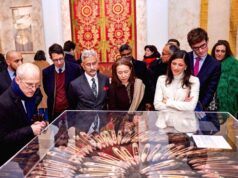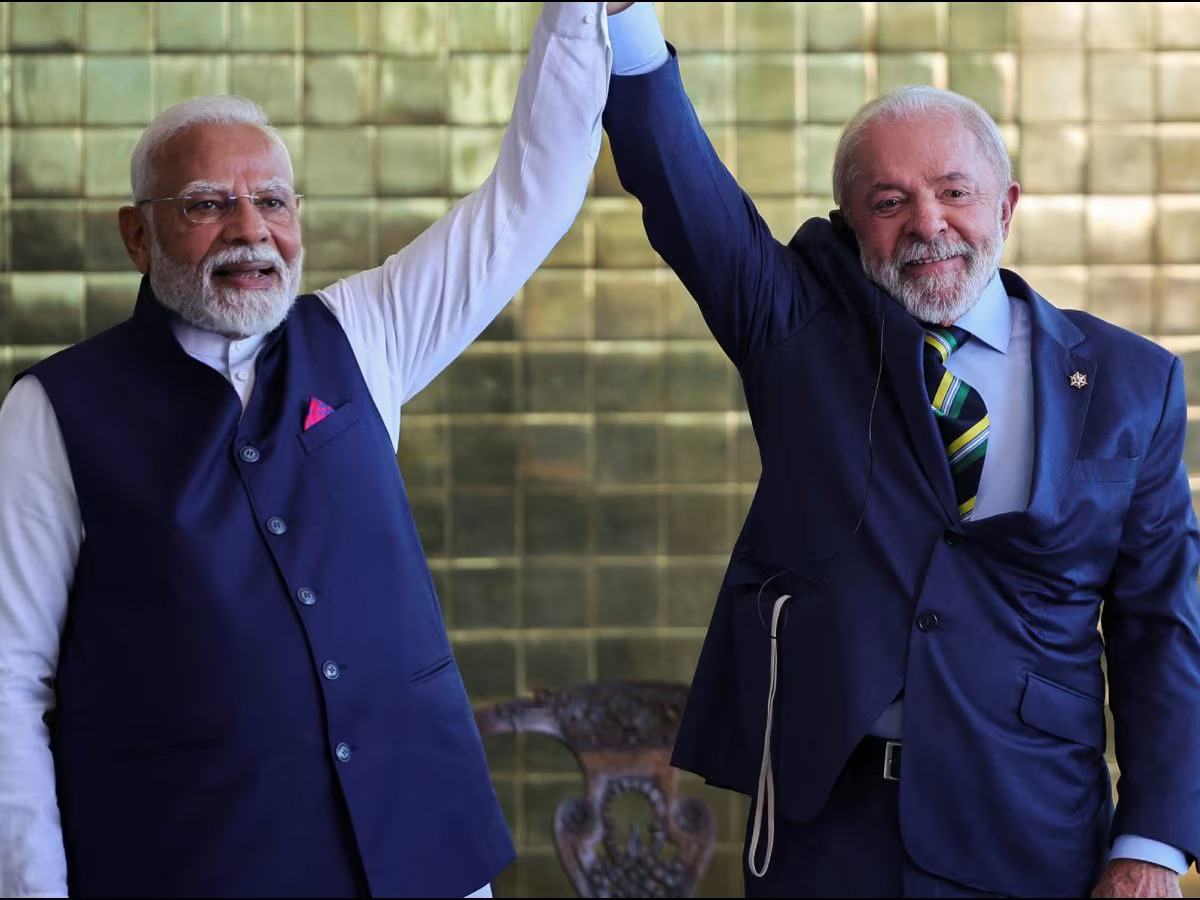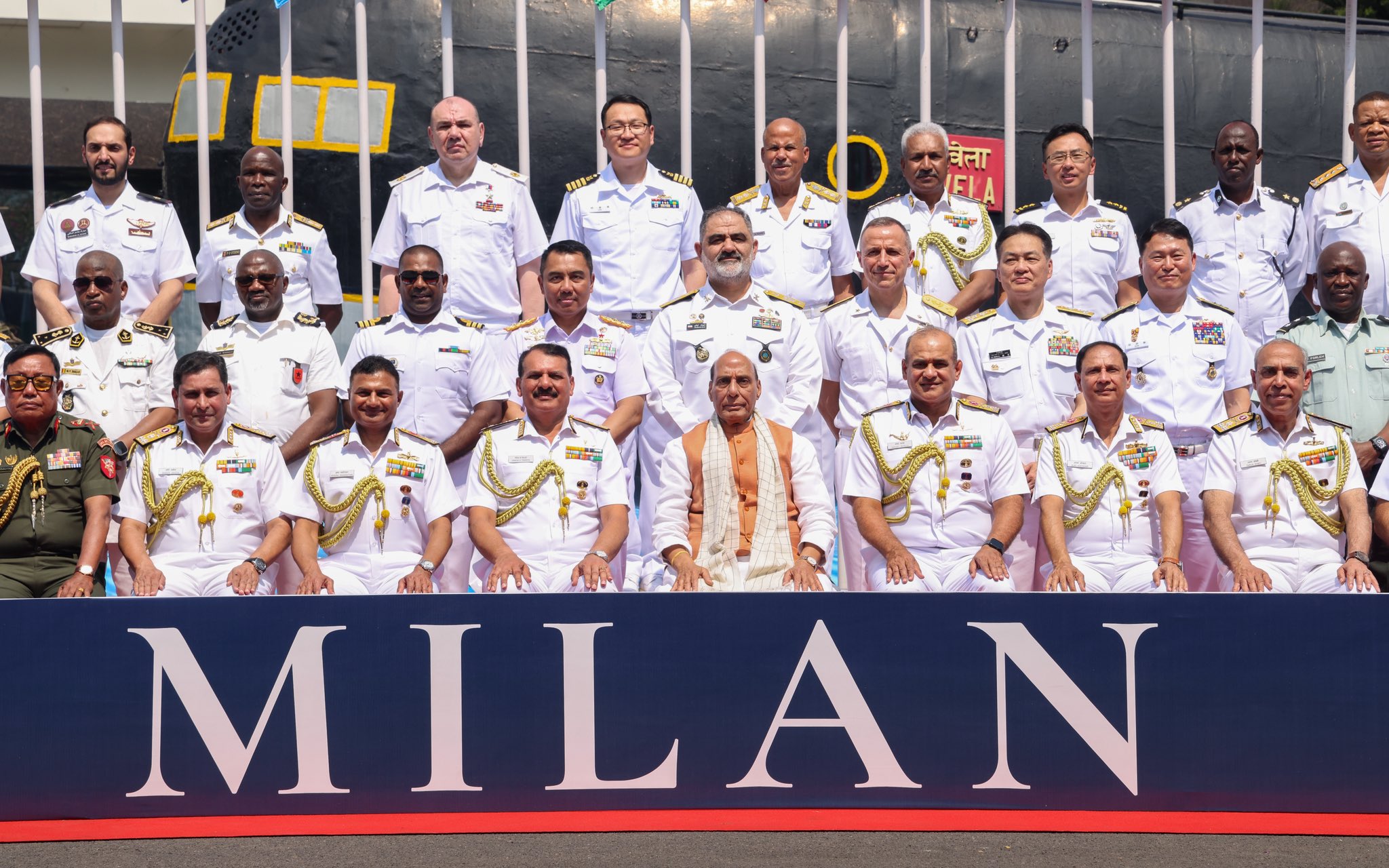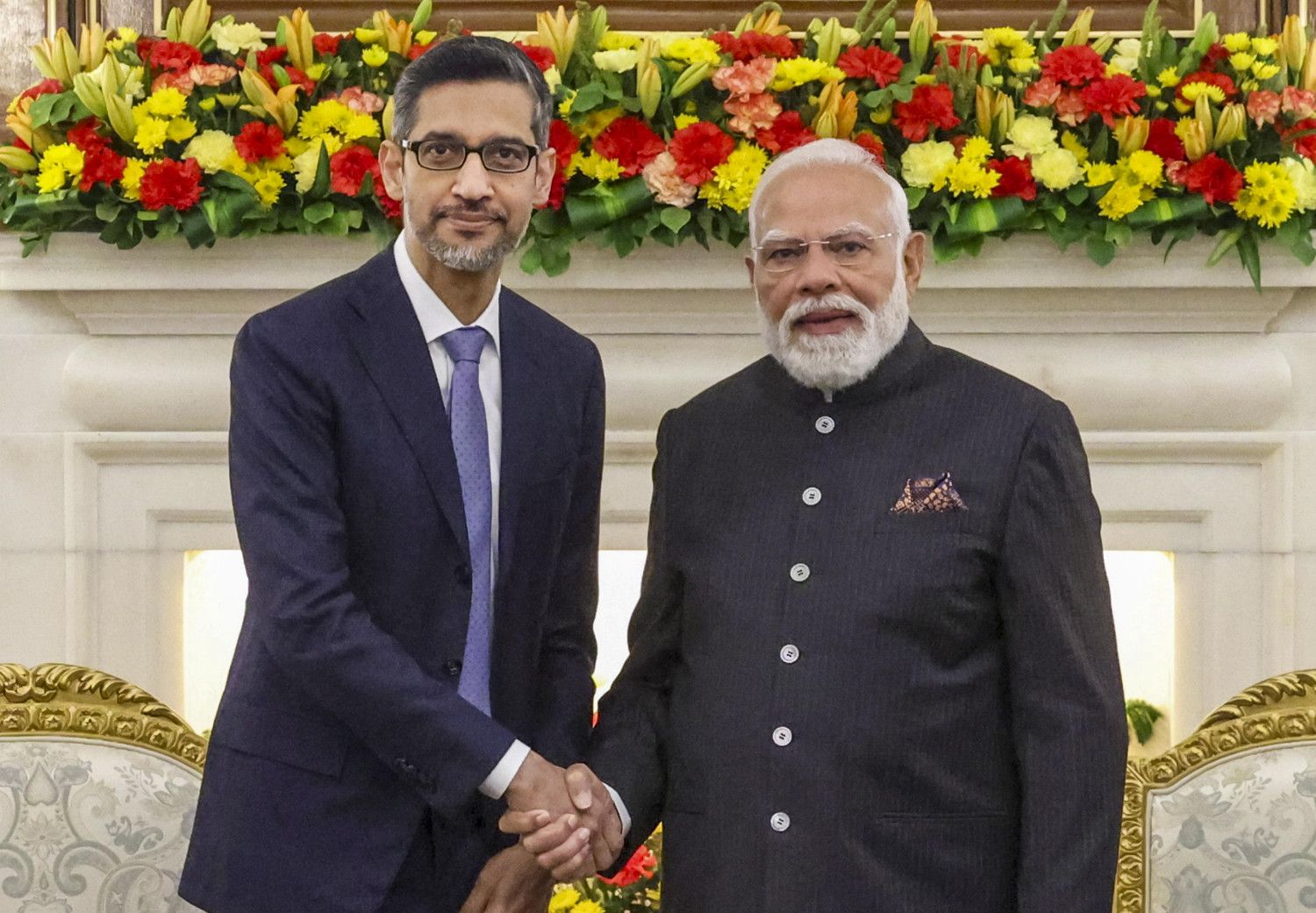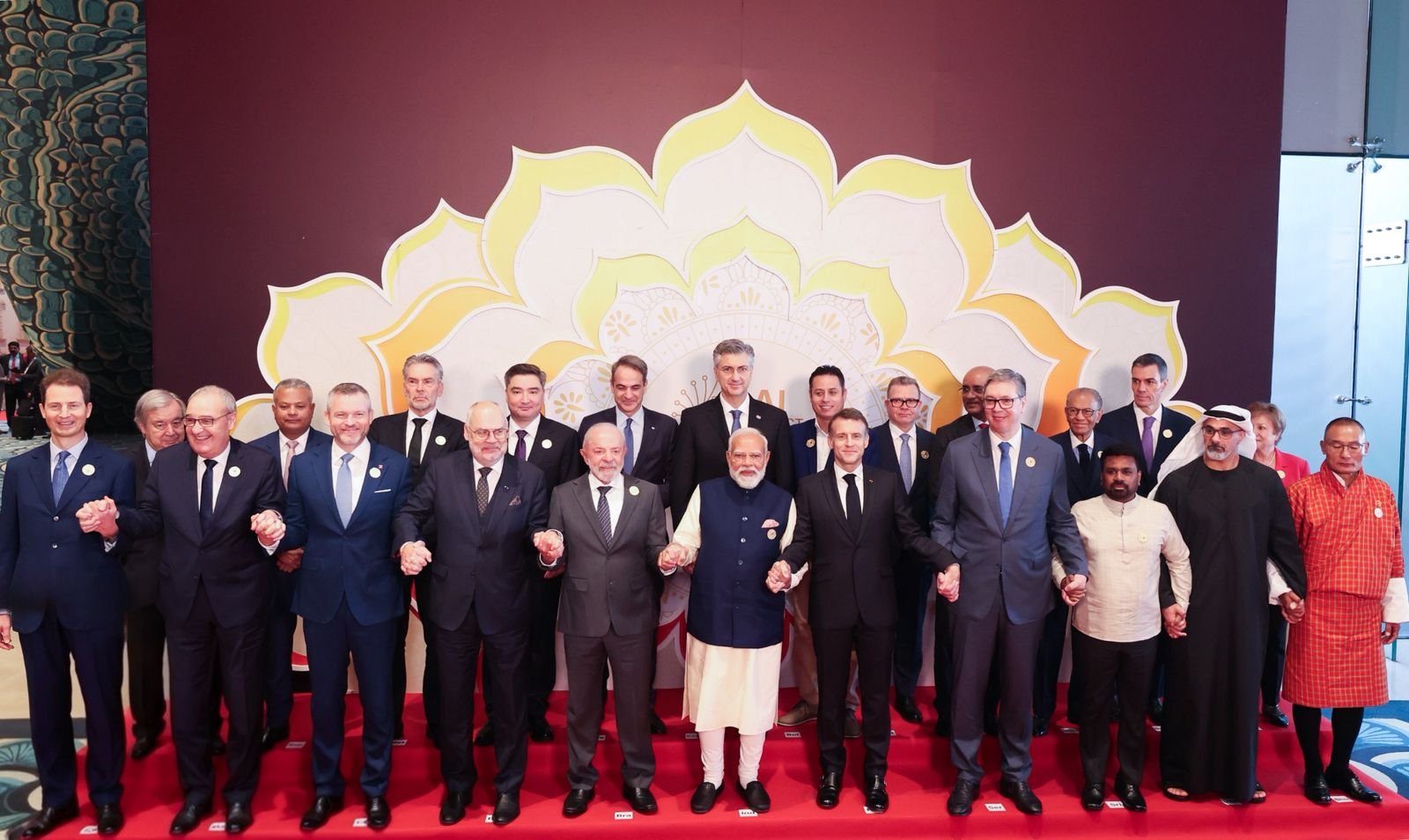The first Asian Buddhist Summit took place in New Delhi from November 5 to 6, 2024. The Summit was a collective effort of the Ministry of Culture, Government of India, and the International Buddhist Confederation (IBC) and was held under the theme “Role of Buddha Dhamma in Strengthening Asia.”
Conducted over two days, the event witnessed the participation of over 160 delegates from 32 countries. The members of Mahasangha, patriarchs of several monastic traditions, monks, nuns, members of the diplomatic community, academicians of Buddhist studies, experts, and scholars engaged in discussions fostering an atmosphere of dialogue while at the same time also addressing the challenges faced by the Buddhist community.
The summit’s focus was on emphasizing the profound nexus between Buddha Dhamma, India, and Asia, thereby showcasing their complementary relationship. The summit aligned with India’s Act East policy and Neighborhood First Policy, with a focus on collective, inclusive, and spiritual development in Asia. At the same time, it delved into themes that celebrated Buddhism’s rich heritage and its contemporary relevance across the region.
Broadly the summit revolved around five key themes; Buddhist Art, Architecture, and Heritage, Buddha Cārikā and Dissemination of Buddha Dhamma, Role of Holy Buddhist Relics and its Relevance in society, Significance of Buddha Dhamma in Scientific Research and Well-Being and Role of Buddhist Literature and Philosophy in 21st century.
A Special Exhibition titled India as the Dhamma Setu (Bridge) connecting Asia also took place that highlighted India’s role in promoting Buddhist values.
The first day of the event witnessed the presence of the Honourable President of India, Droupadi Murmu, who graced the event as the Chief Guest. Speaking at the Summit, the President said “India is the blessed land of Dhamma and in every age, there have been great masters and mystics, seers and seekers in India who have shown humankind a way to find peace inside and harmony outside and the Buddha holds a unique place among these pathfinders. She mentioned that the world today is facing an existential crisis on many fronts, not only strife but also the climate crisis and a larger Buddhist community has much to offer to mankind. She further concluded that we need to discuss the role of Buddha Dhamma in strengthening Asia and expressed confidence that the Summit will go a long way in strengthening cooperation based on the shared heritage of Buddha’s teaching”.
The second day of the Summit resonated with ideas that the Asian culture, tradition, and values have endured the onslaught of history, yet stood steadfast, only evidenced by the ingrained values of Buddha. Different speakers and experts reiterated that the Buddha’s teachings were the binding force not only in philosophical terms but also in practice and have helped to sustain Asian nations and cultures in times of crisis.
The gathering of different experts around the globe provided a platform for the expression of different ideas.
The Vice President of, the National Vietnam Buddhist Sangha from Vietnam called it “a historic Summit and landmark event and reaffirmed India’s commitment to the Buddhist legacy that was rooted here for millennia and one that continues to shape cultural diplomacy and spiritual understanding across Asia”.
The Mahanayake of Amarapura Maha Nikaya, Sri Lanka stated that “the very fact that great Masters from various traditions are gathered here discussing non-violence and peace while the world outside is destroying itself with guns and rockets, as well as the planet, shows that we have great responsibility. We have to generate that energy in our heart, and keep spreading it; one day surely.”
The Vice Chairman of Lumbini Development Trust from Nepal suggested that “the gathering showed there were many learned and knowledgeable Sangha members, this was the time to transfer all this great wisdom and historic knowledge to the younger generation. This can be done by setting up an academic institution in the Himalayas for monastic education to transfer the knowledge”.




